
What Is CBG Oil?
If you’re looking for a comprehensive, natural solution to tackle inflammation and its debilitating effects, you’re in the right place. Welcome to the new era
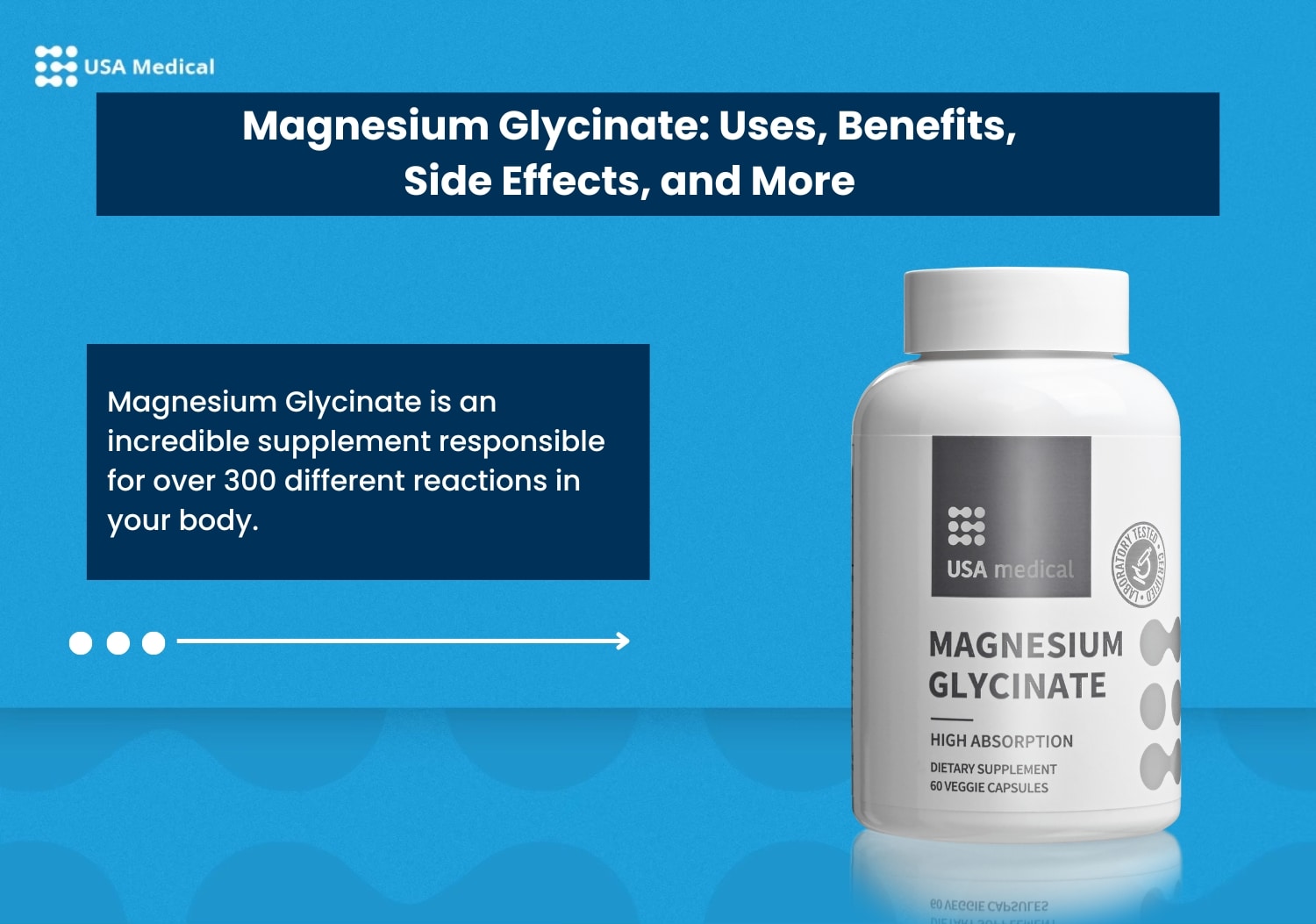
Magnesium glycinate is a powerful supplement that can improve sleep health, increase energy levels, and improve overall well-being when taken on a regular basis.
Magnesium is an essential mineral that plays a critical role in over 300 biochemical reactions in the human body. It contributes to the health and functioning of your bones, heart, muscles, and brain.
However, many people may not get enough of this vital nutrient in their diet, leading to a need for supplementation.
In this article, we will discuss the benefits of taking magnesium glycinate for your health and explain how it can help you live a healthier life.
Magnesium oxide has laxative properties and is often used to relieve occasional constipation. It works by drawing water into the intestines, softening the stool, and promoting bowel movements.
Magnesium citrate is another popular form of magnesium, often used for its laxative properties. While it also offers good bioavailability, it can cause digestive discomfort in some people.
Magnesium glycinate is a chelated form of magnesium, meaning it’s attached to another molecule (glycine, in this case) for better absorption. It is considered one of the best forms of magnesium for supplementation due to its high bioavailability and gentleness on the stomach.
Several other forms of magnesium are available as supplements, including:
Magnesium Chloride: Magnesium chloride can also be used in topical applications, such as magnesium oil or baths, for transdermal absorption to potentially alleviate muscle cramps and soreness and promote relaxation.
Magnesium Malate: Magnesium malate is a form of magnesium that is commonly used for two primary purposes: addressing magnesium deficiencies in the body and supporting energy production. The combination of magnesium and malic acid, found in magnesium malate, may also offer potential benefits for individuals with fibromyalgia or muscle pain.
Each has specific uses and benefits; the best choice depends on your health needs and goals.
Magnesium glycinate is often used to promote relaxation and improve sleep quality. Magnesium plays a role in regulating neurotransmitters, which send signals throughout the brain and nervous system.
A deficiency in magnesium is linked to heightened stress and difficulty sleeping.
Glycine, the amino acid in magnesium glycinate, acts as an inhibitory neurotransmitter in the brain, promoting relaxation and supporting healthy sleep patterns.
Additionally, magnesium itself plays a role in regulating the body’s melatonin production, a hormone that helps regulate sleep-wake cycles. These factors contribute to magnesium glycinate’s reputation for supporting improved sleep quality.
By helping to regulate the nervous system, magnesium glycinate can promote a feeling of calm, improve mood, and aid in achieving a good night’s sleep.
Magnesium is crucial for bone health. It’s involved in the formation of bone structure and aids in the absorption of calcium, another vital mineral for bone health. Due to its high bioavailability, magnesium glycinate is an excellent choice for those looking to support their bone health.
Magnesium glycinate supports heart health by contributing to the maintenance of normal heart rhythm. It can help control the electrical activity in the heart and the dilation of blood vessels, thereby potentially reducing the risk of hypertension and other heart-related conditions.
Furthermore, magnesium is involved in the process of energy production and muscle contraction, which are essential for heart function.
Magnesium glycinate has been studied for its potential benefits in improving various aspects of mental health. It’s recognized for its calming effects on the brain and its ability to promote better sleep quality, which is crucial for overall mental well-being.
Taking magnesium glycinate will improve mental health and help resolve any issues over time by helping with cellular regeneration in every area of your body, including the brain.
Magnesium glycinate is often used to help alleviate symptoms of digestive discomfort. It works by relaxing the gastrointestinal tract muscles and neutralizing stomach acid. This can help with conditions such as heartburn, indigestion, and constipation.
It’s also gentler on the stomach compared to other forms of magnesium, making it a preferred choice for those with sensitive digestive systems.
Magnesium glycinate is also being studied for other potential health benefits, such as its role in managing premenstrual syndrome (PMS) symptoms, reducing migraines, and supporting overall brain function.
The recommended daily allowance (RDA) for magnesium varies by age and sex. The typical dosage is 350mg which can be increased over time.
Magnesium supplements come in various forms such as:
Each type has different levels of bioavailability and different effects on the body.
When choosing a magnesium glycinate supplement, look for products that are third-party tested for quality and purity. Also, consider factors like dosage, form (tablet, capsule, powder), and any additional ingredients.
Lab tests can verify the purity and potency of a supplement. They can also detect any contaminants, such as:
Always look for products that have undergone rigorous third-party testing.
Magnesium glycinate is a highly bioavailable form of magnesium that can offer numerous benefits for health and well-being. It can support cardiovascular health, aid in glucose metabolism, promote better digestive health, and strengthen bones.
It can also help improve sleep quality, reduce stress, and may enhance mood and mental health.
Choosing a high-quality magnesium glycinate supplement is crucial. Look for products from reputable companies that use third-party testing to ensure their supplements’ quality, purity, and potency.
This ensures you’re getting exactly what’s on the label and nothing you don’t want, like contaminants or unnecessary additives.
Whether you’re looking to improve your sleep, manage stress, or support your overall health, it might be worth considering adding this powerful mineral to your wellness routine.

In stock | Free shipping

In stock | Free shipping
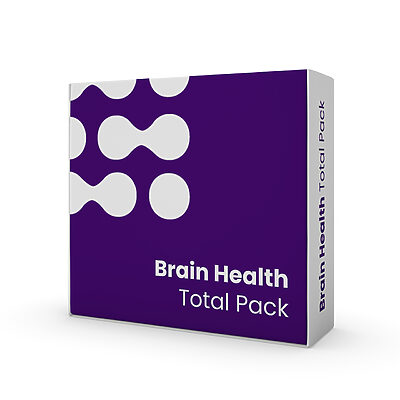
In stock | Free shipping

In stock | Free shipping
These statements have not been evaluated by the Food and Drug Administration. These products/services are not intended to diagnose, treat, cure, or prevent any disease.

If you’re looking for a comprehensive, natural solution to tackle inflammation and its debilitating effects, you’re in the right place. Welcome to the new era

The Invisible Enemy Within You wake up feeling groggy, your joints ache, and that old neck pain seems to have returned. No, it’s not just

CBG oil has been creating waves in the health and wellness industry, and for good reasons. But with any health trend, it’s crucial to separate
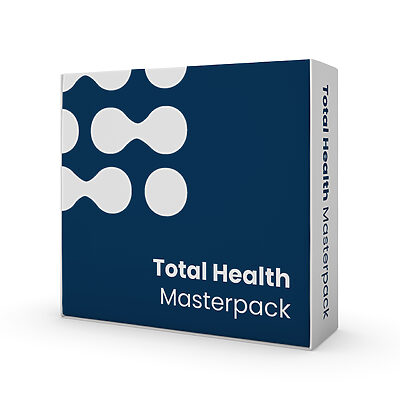
In stock | Free shipping
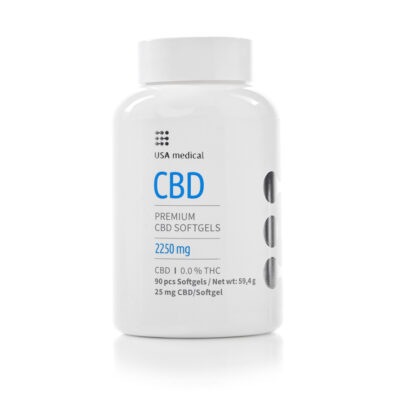
In stock | Free shipping

In stock | Free shipping

In stock | Free shipping

In stock | Free shipping

In stock | Free shipping
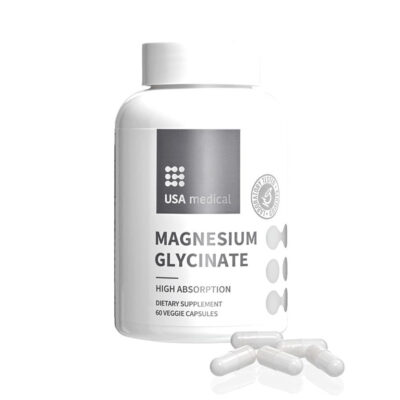
In stock | Free shipping

In stock | Free shipping

In stock | Free shipping

In stock | Free shipping

In stock | Free shipping

In stock | Free shipping

In stock | Free shipping
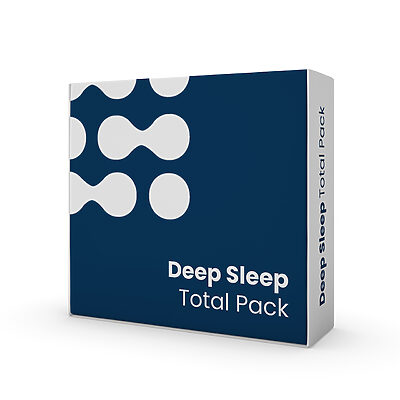
In stock | Free shipping

In stock | Free shipping